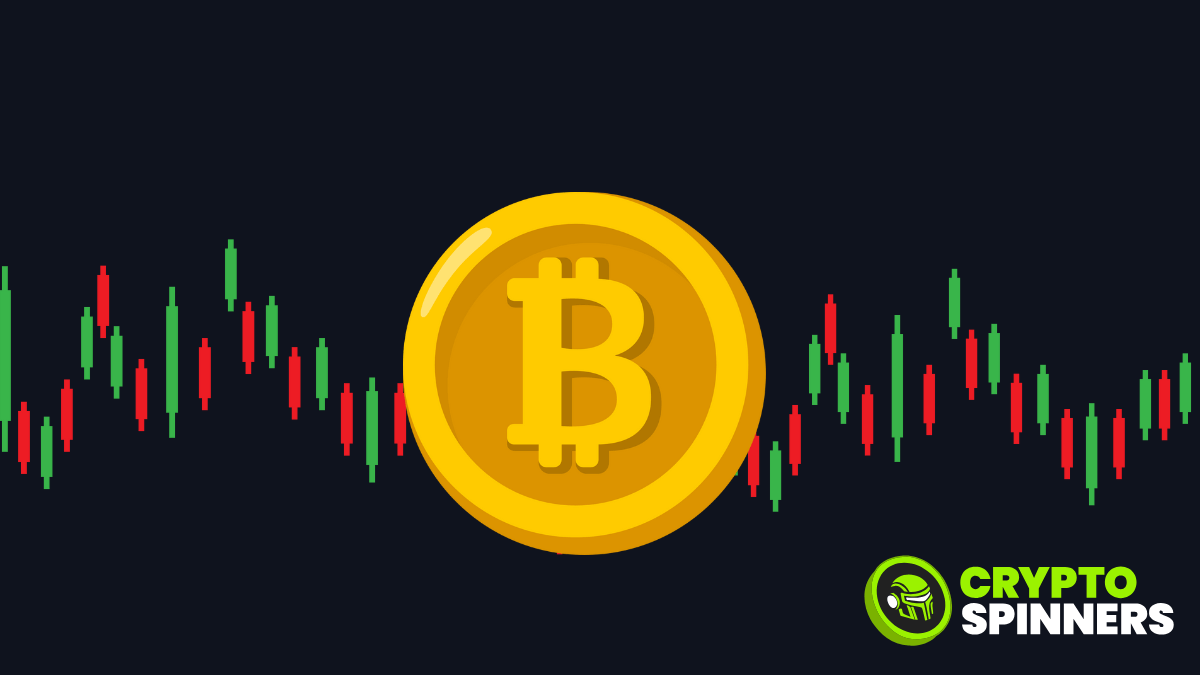Bitcoin’s Dramatic Flash Crash – What It Means for Crypto Casinos and Players
From $126K to $102K, Bitcoin's October 10th Crash ExplainedLearn more about the recent Bitcoin fluctuations and how it impacts the crypto casino industry and you as a player. In this article, we have taken a quick look at how crypto casinos respond to volatility.

Bitcoin’s recent dramatic price swings have sent shockwaves through the crypto casino industry, as the leading cryptocurrency experienced one of its most volatile weeks in history. In this article, we will be looking at the recent volatility, current status, and what it means for crypto casinos and players.
Let’s start by looking at what exactly happened.
The chaos began on October 10, 2025, when Bitcoin crashed from above $125,000 to briefly touch $102,000 within minutes. This historic flash crash was triggered by President Trump’s announcement of 100% tariffs on Chinese imports, creating immediate panic across financial markets.

The crypto market saw unprecedented liquidations totaling $19 billion in what analysts called “the largest liquidation event in crypto history”.
So, what’s the current status?
Bitcoin has since recovered to around $115,000, which shows resilience that crypto markets are well-known for.

The recovery has been swift, with analysts describing it as a “V-shaped rebound” typical of flash crashes. Trading volumes spiked dramatically during the crash, indicating high market activity and gradual stabilization.
How it might affect crypto casinos?
For crypto casino operators, when Bitcoin’s value fluctuates rapidly, it directly affects the real-world value of player deposits and casino reserves. This is why operators are constantly monitoring their crypto holdings, as sudden price drops can impact profit margins and payout capabilities.
During such volatility, crypto casinos usually respond by converting volatile cryptocurrencies to stablecoins or fiat currencies upon deposit. In fact, many crypto casinos have rebalancing protocols set up, like automated reserve allocations, volatility thresholds, and more. This strategy helps protect both operators and players from sudden value changes.
What about the players?
With crypto, players always face a double-edged sword. While their Bitcoin deposits might gain value during market upswings, they can also lose purchasing power during crashes. In other words, players are wagering on both – the games and the underlying crypto market.
To eliminate some of the unpredictability, many players use stablecoins like USDT and USDC. With stablecoins, you get most of the benefits of cryptocurrency without exposing yourself to the price fluctuations. However, players with an investment mindset, embrace the volatility as an additional layer of excitement. Meanwhile, many players use a mix of both – Bitcoin and stablecoins.
Ultimately, it comes down to personal preferences and understanding that crypto casinos involve both game risk and market risk.
Please play responsibly and only wager what you can afford to lose. If you or someone you know has a gambling problem, help is available through the National Council on Problem Gambling at 1-800-522-4700.
